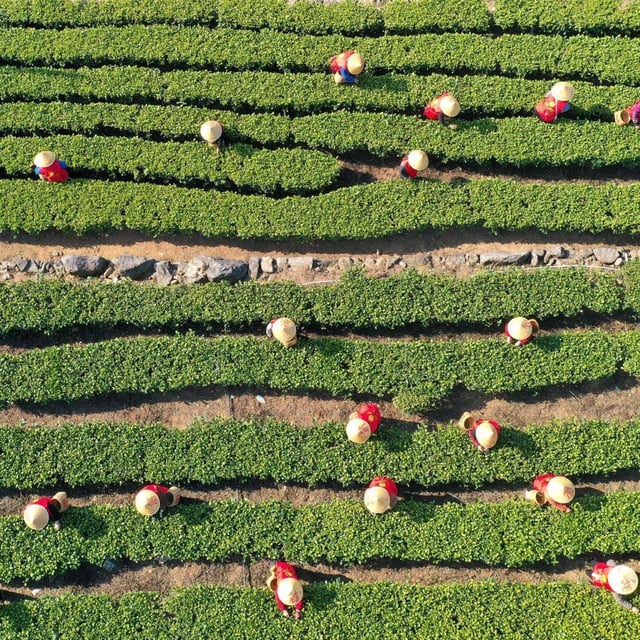Overview
- The German Tea and Herbal Tea Association has criticized the EU's ultra-strict pesticide residue limits, which are set at micro- and nanogram levels, as impractical and costly.
- The Association claims the EU's stringent regulations have made the region less appealing as a trade partner for tea producers in Asia and Africa.
- German tea companies invest tens of millions of euros annually in compliance testing to meet EU standards, despite the EU accounting for only 2.65% of global tea exports.
- Efforts to engage in regulatory dialogue with Brussels have often been blocked, according to the Association, hindering potential reforms.
- German tea firms are also supporting plantation communities through initiatives like cow donations and lemongrass cultivation in Rwanda to improve local livelihoods.
